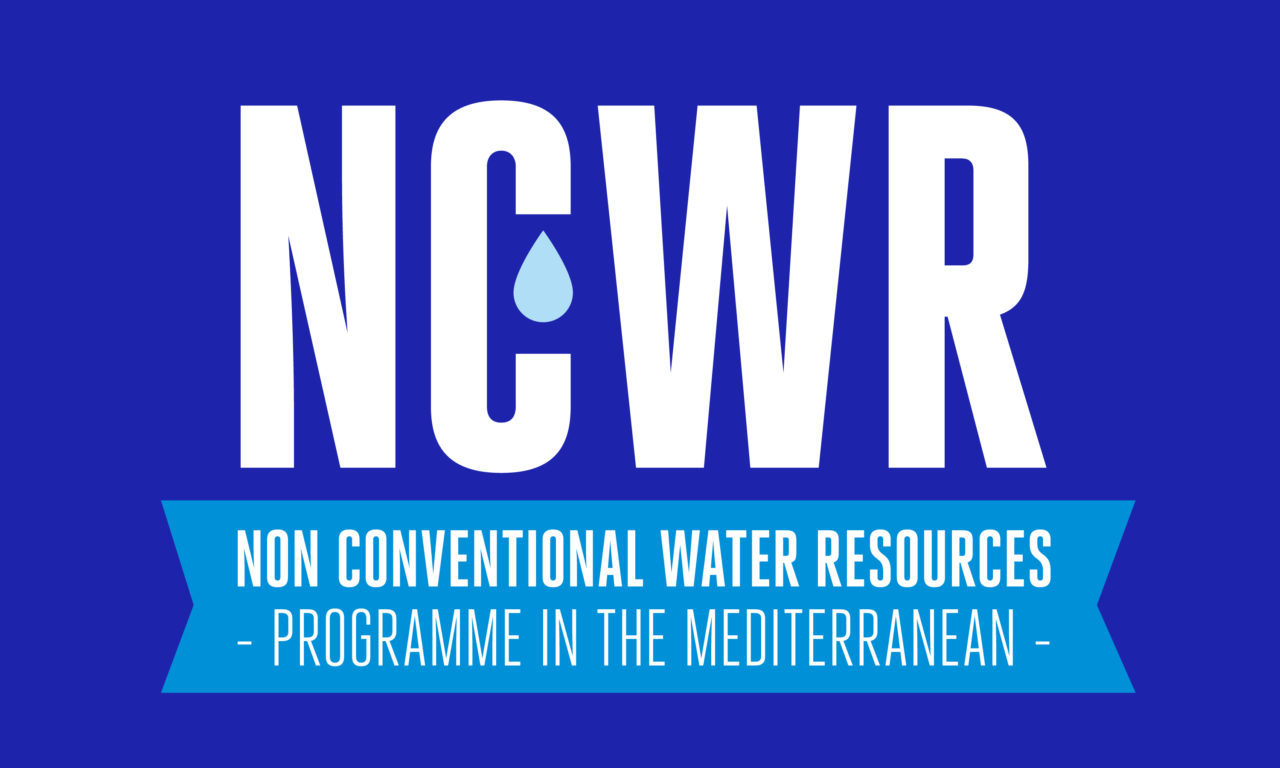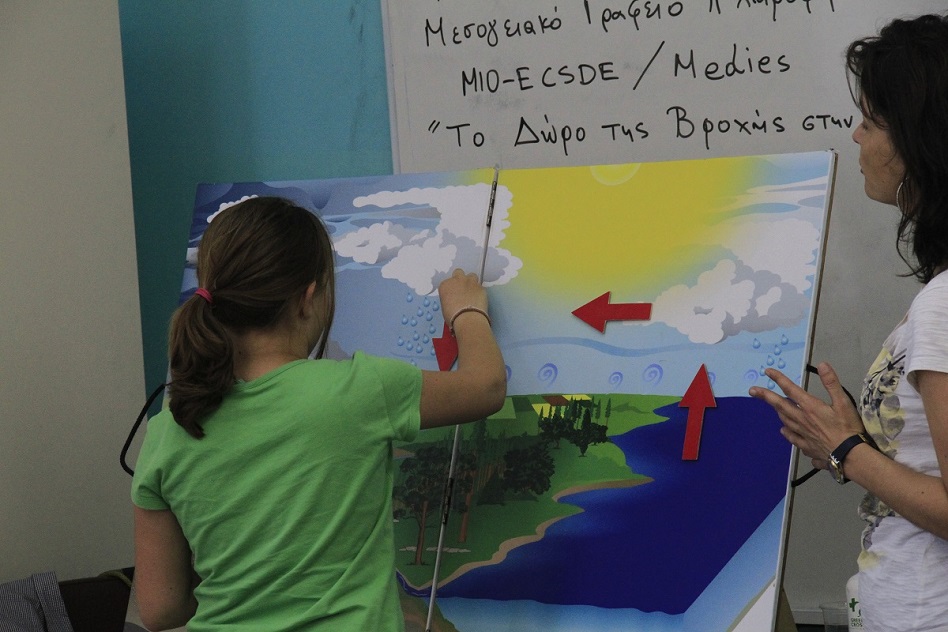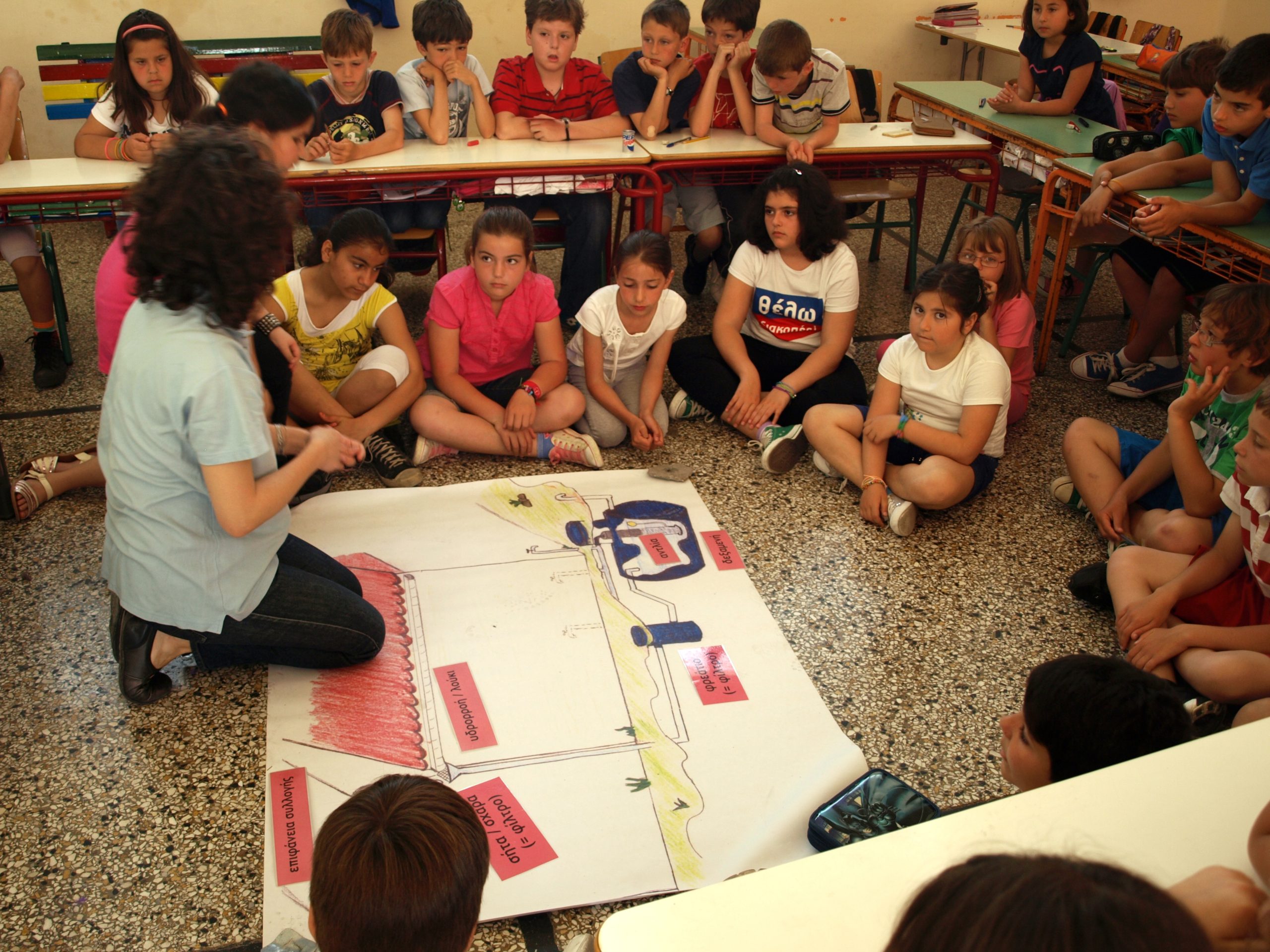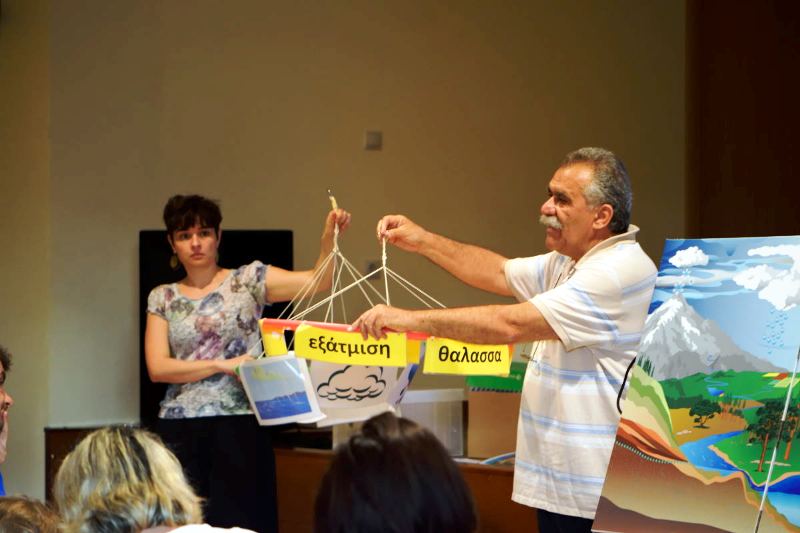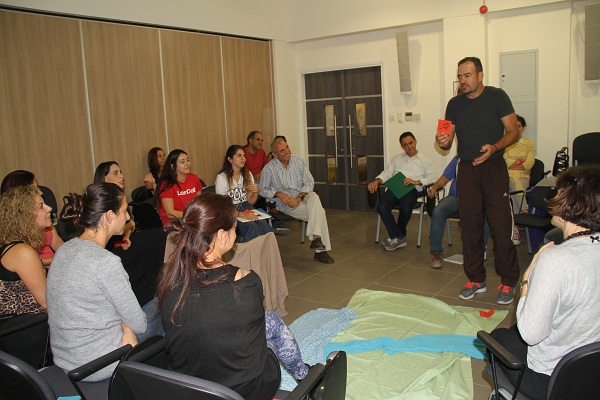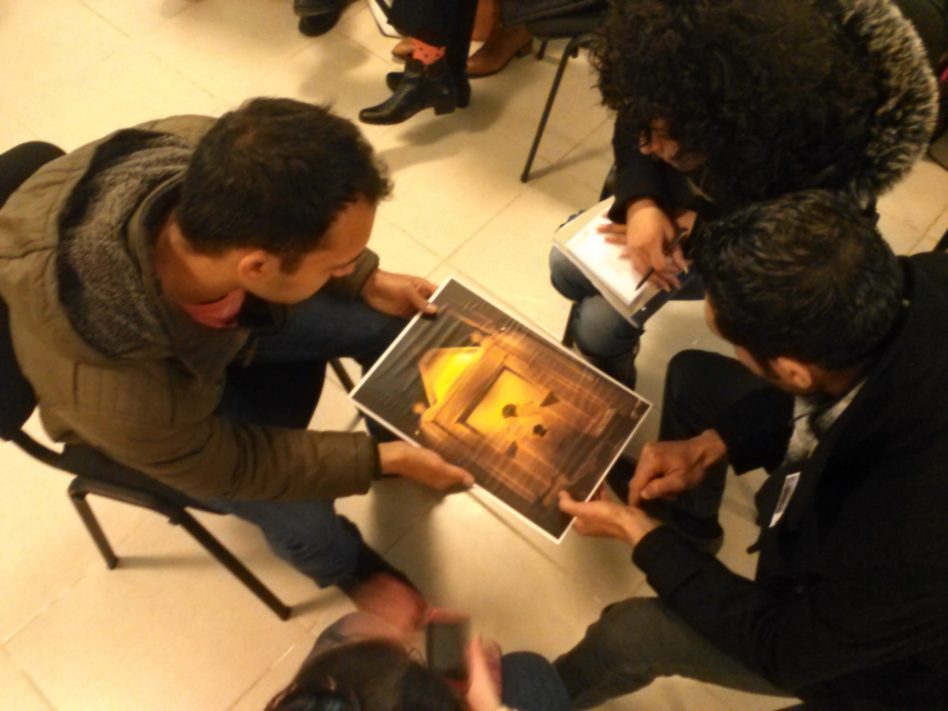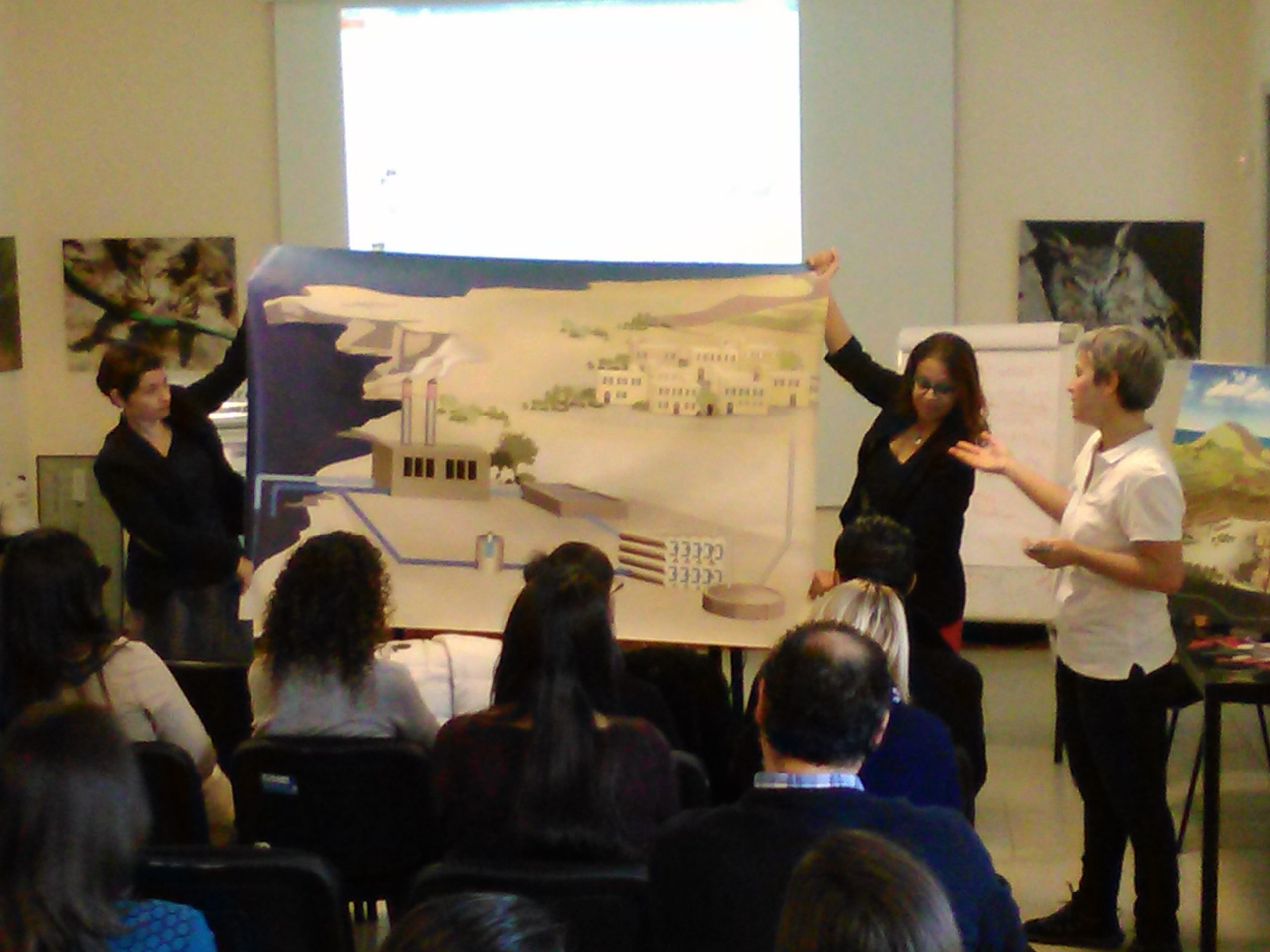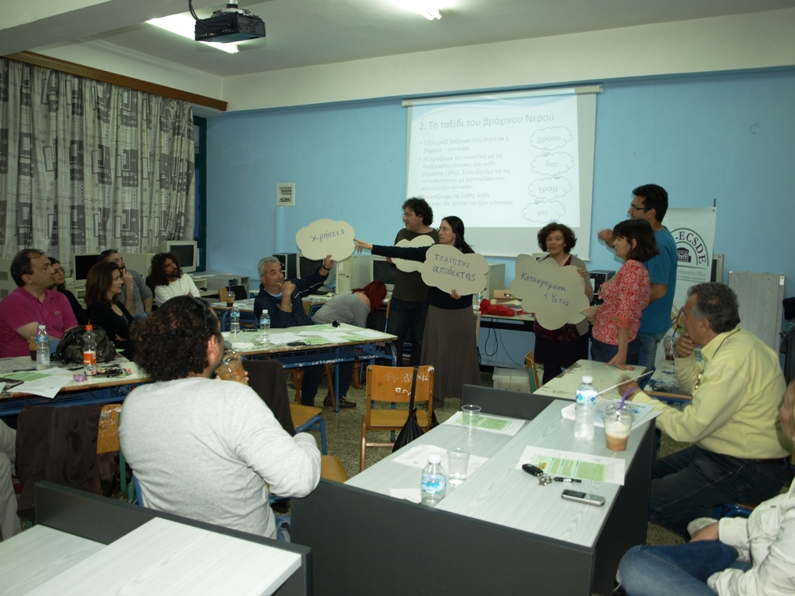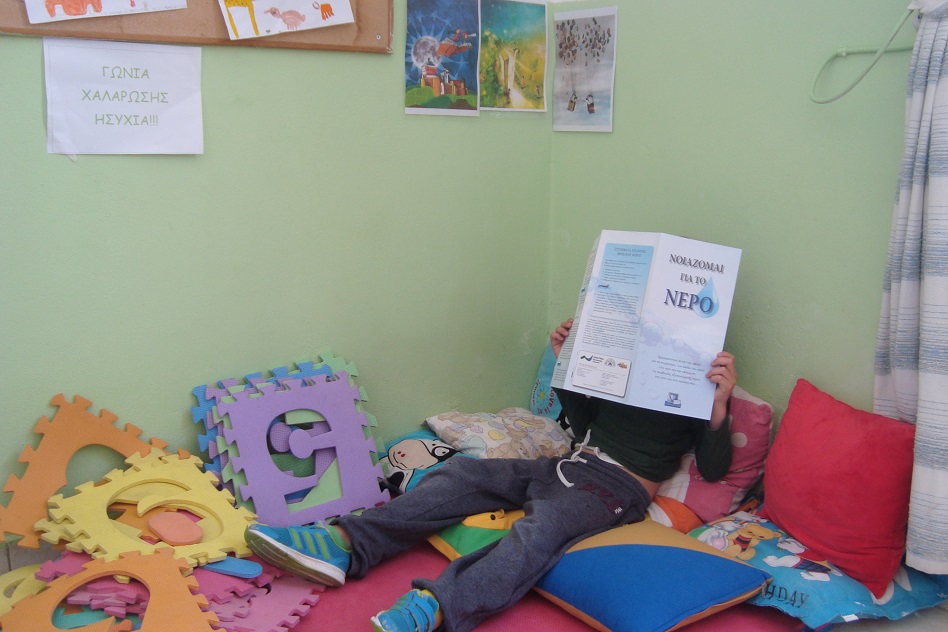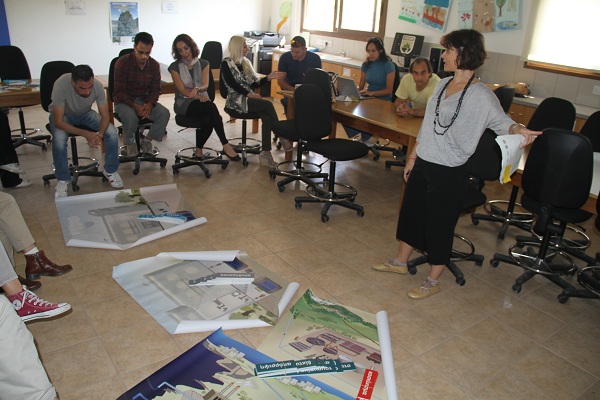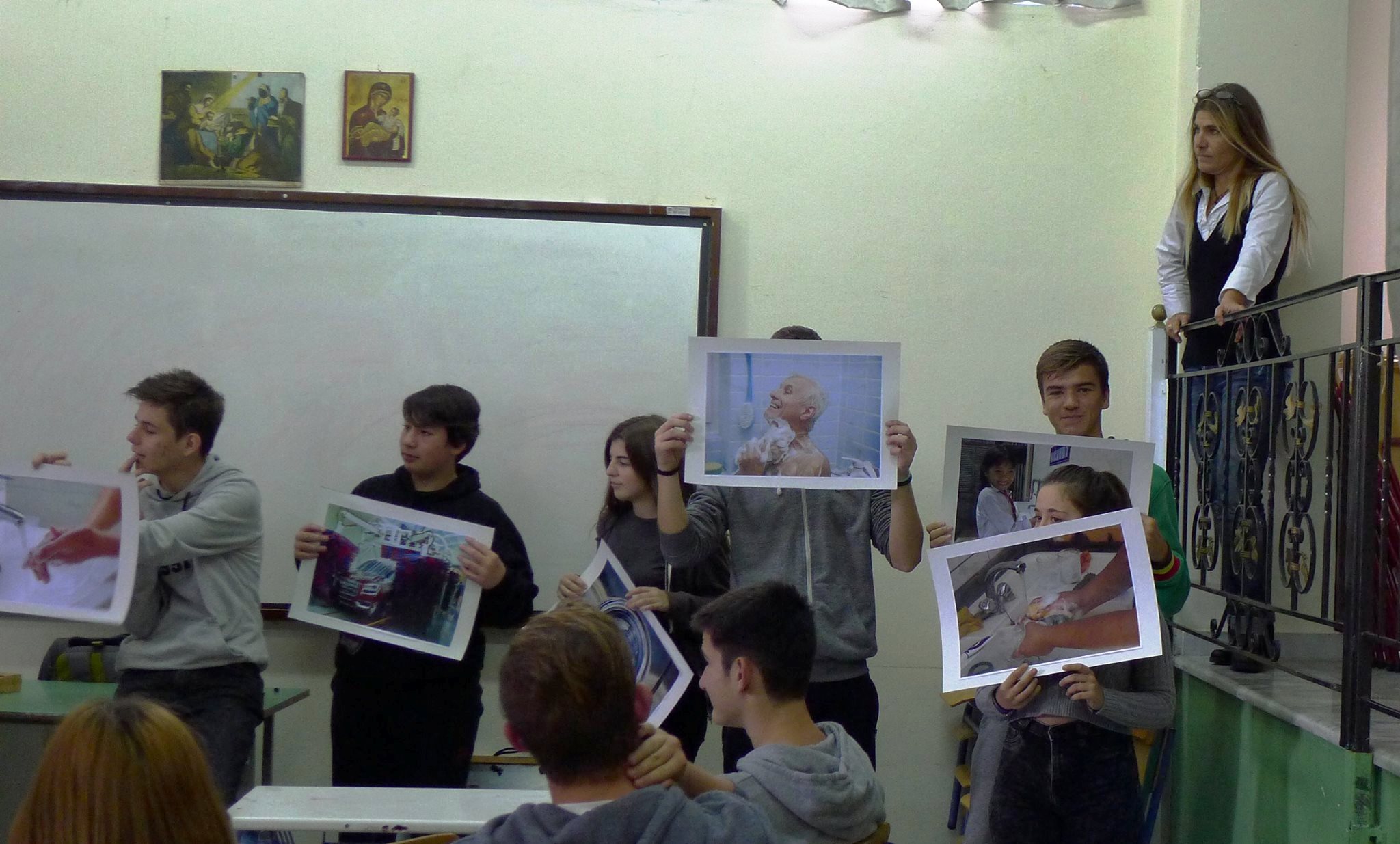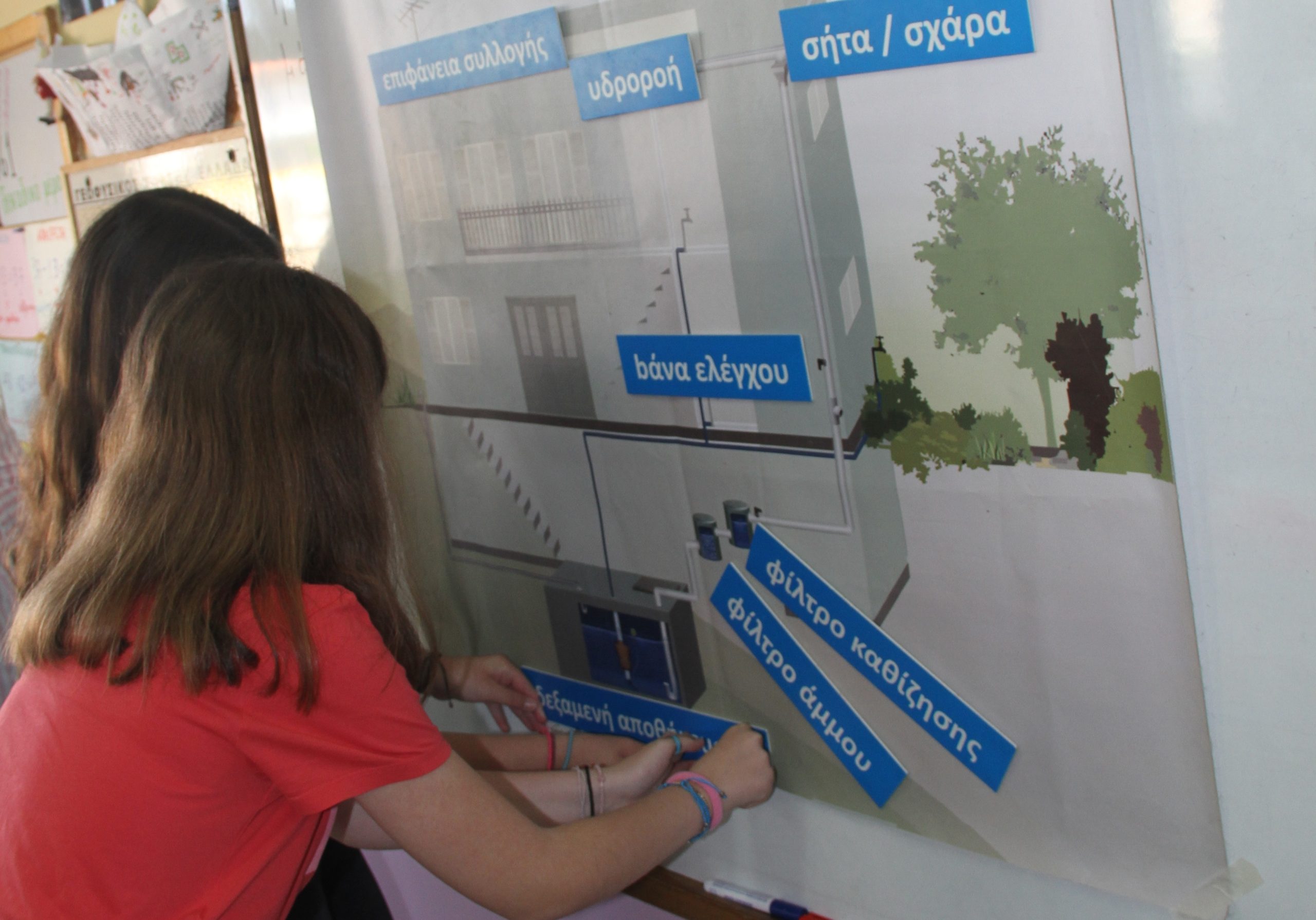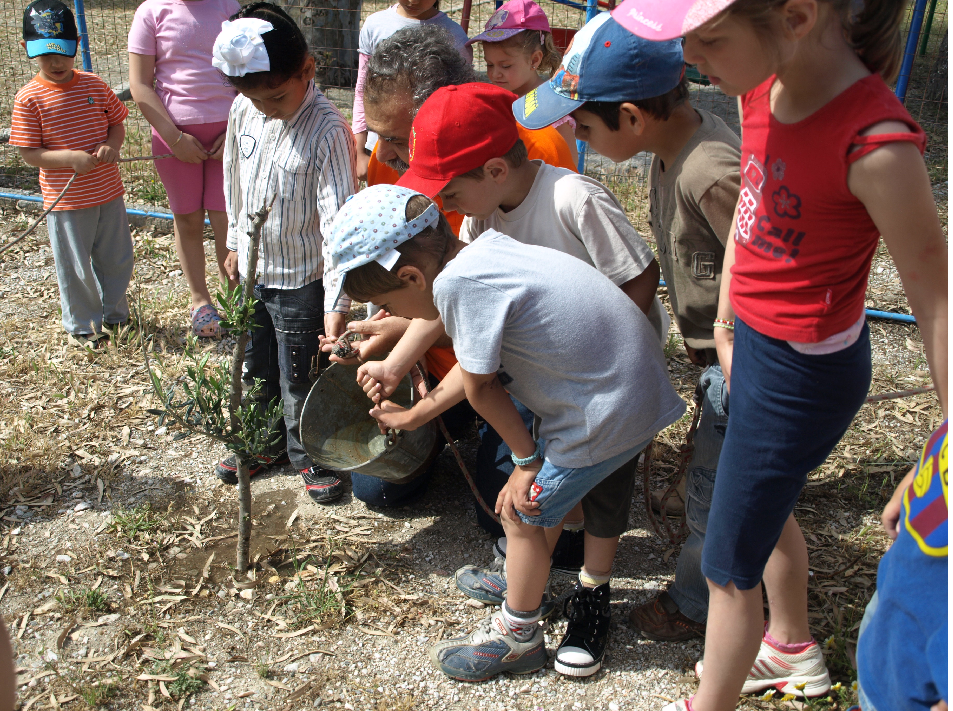challenge
Many of the conventional methods of securing water supply (i.e. dam construction, water transfers, etc.) have proved to be non-sustainable in the long run. Non-Conventional Water Resources (NCWR) contribute to a sustainable way of improving access to water and to climate change adaptation; this way they are becoming increasingly important especially in water scarce countries. However, they are not well known to the citizens while several misconceptions persist i.e. when it comes to safety and hygiene issues. Proper education can effectively elucidate the misconceptions and support the diffusion of innovative ideas and solutions that NCWRs promise to deliver. The NCWRs provide an effective “vehicle” for inspiring responsible consumer and citizen attitudes.
opportunity
The “NCWR in the Mediterranean Programme” run in many water scarce islands of Greece, but also in Malta, Cyprus and Sardinia, under the coordination of GWP-Med, from 2009 to 2018.
The Educational Component of the NCWRs Programme including: school interventions, authoring of teaching resources and many teachers trainings was undertaken by MEdIES of MIO-ECSDE.
The main aim of this 10 year long educational project was to raise awareness and sensitize the educational community on the crucial issue of Non-Conventional Water Resources across the Mediterranean.
PARTNERS
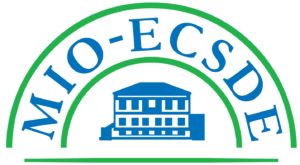
MIO-ECSDE
The Mediterranean Information Office for Environment, Culture and Sustainable Development is a federation of 128 Mediterranean NGOs working to protect the environment and the cultural heritage in countries of the Euro-Mediterranean.
Launched in 2002, the long-standing education initiative of MIO-ECSDE called “MEdIES”, is an international e-network of formal and non-formal educators engaged in Education for Sustainable Development (ESD). It is approved by Greek Ministry of Education and Religious Affairs and runs many ESD projects in Greece and in Mediterranean countries.
SPONSORS

gwp-med
Global Water Partnership – Mediterranean (GWP-Med) is a regional partnership of the Global Water Partnership (with inter-governmental status), established in 2002.
GWP-Med is a multistakeholder platform bringing together competent organisations working on water issues from around the Mediterranean Region. Its goal is to promote action and exchange knowledge on Integrated Water Resources Management (IWRM) and the sustainable use
of water resources at regional, national, local (including transboundary) level.
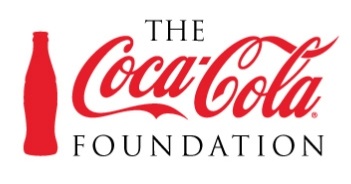

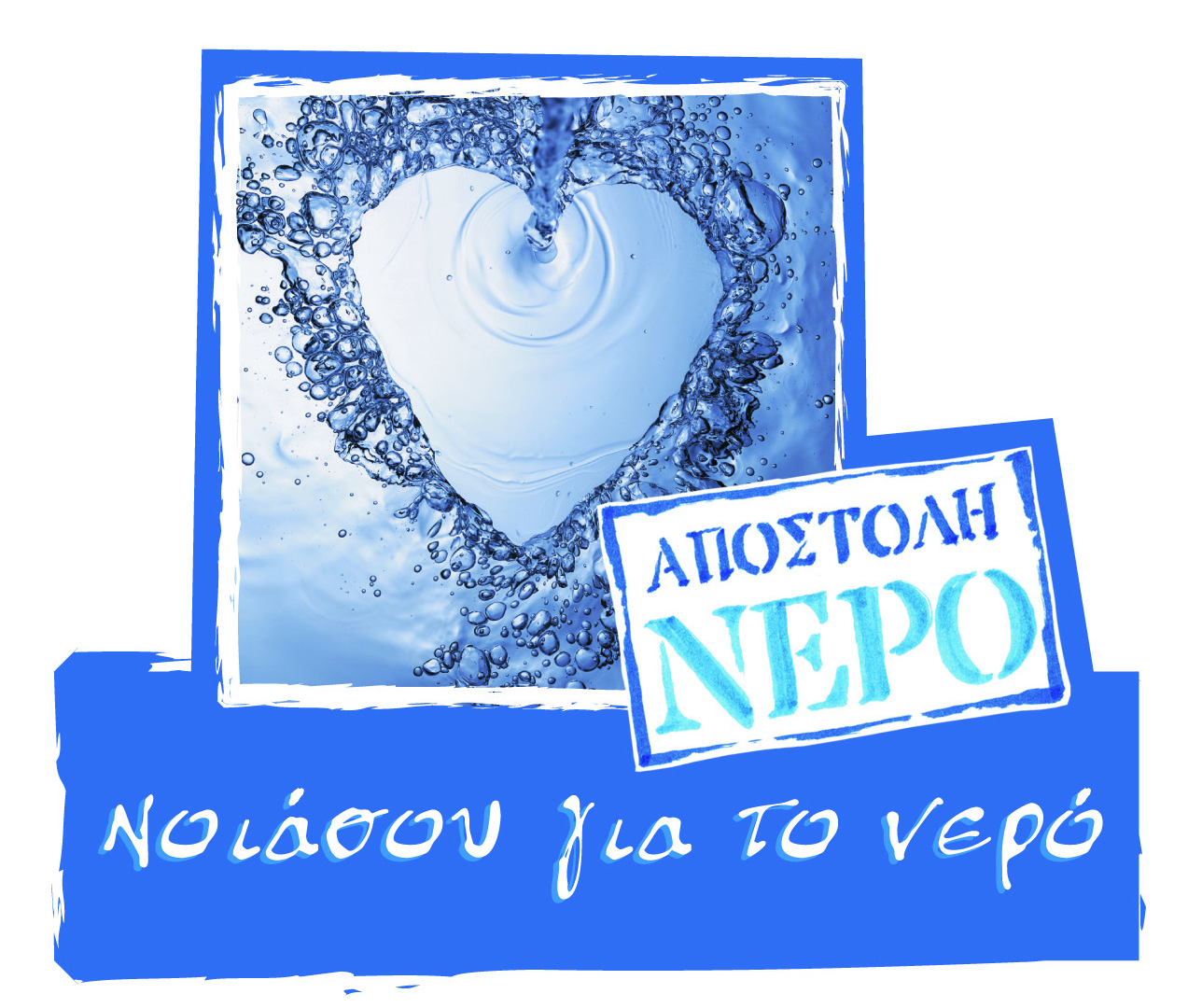
scope & objectives
Scope of the educational activities was to raise awareness of students, teachers amd non-formal educators on the importance of the Non-Conventional Water Resources. More particular, the objectives of the project were:
- To provide an in-depth introduction on topics related to non-conventional water resources -background, technologies, environmental advantage and benefits.
- To develop an understanding on how NCWR can contribute to climate change adaptation for water scarce communities.
- To be aware of the traditional and cultural aspects of water and to find out how the past “wisdom” can be transferred and pplied in modern systems of water management.
- To challenge a rethink of water consumption habits and behavior towards responsible patterns.
geographical spread
The educational activities took place back-to-back with the technical works of the NCWR Programme and namely in the following places:
- GREECE: The Cyclades Islands, the Dodecanese Islands, Athens and Thessaloniki
- MALTA: Malta and Gozo
- CYPRUS
- ITALY: Sardinia
This map presents in detail the places where the educational actions were organised.
activities
- Educational programmes in schools (school visits) for students from 8 to 15 year old, approved by the Ministries of Education of Greece, Cyprus and Malta;
- Trainings and Workshops for school teachers and non-formal educators;
- Creation of educational resources printed & CD and online
students’ pledges & drawings
I will never let the tap running; this way I ll have economic benefit as well.
I will turn the tap off even when others letting it on e.g. when my dad is shaving or someone is doing the dishes, etc.
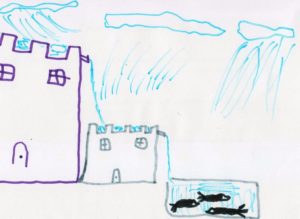 Learrning about the raiwater harvesting cisterns in the past
Learrning about the raiwater harvesting cisterns in the past
I will keep trying on saving water in every use!

Choose to keep the tap off
I will apply what I learnt today and spread the water saving message to the others!
outcomes
teachers trained
students engaged
educ.material in EN, MT, GR & it
educational hands-on games
Educational app on ncwr
This APP is designed to be played by youth aged from 10 years (with or without the teachers guidance). It aims to inspire responsible water consumption behaviour through creative and problem-solving activities and quizzes. It can be accessed by PCs, laptops, smart phones and tablets: Visit the APP and start playing
A school contest on NCWRs
A school art contest was organised in Greece on the topics of NCWRs in Greece that run the school year 2013-2014. The 600 students participating in the contest with their drawings, posters or short videos, all inspired through their engagement in the NCWR Programme.
Video "a special experience"
The video “A special experience” was created to depict the application of the educational programme with deaf and hard hearing students of Athens, in 2014. Watch the video either in Greek language or with English subtitles.
Feedback
Students’ average satisfaction from the educational programme has reached the percentage of 90%! In general, students showed a great interest in NCWR topics and enjoyed the hands-on activities; they declared that they acquired new knowledge on water cycle, rainwater harvesting cisterns, greywater etc; they acknowledged a raised awareness of their own responsibilities as water consumers.
